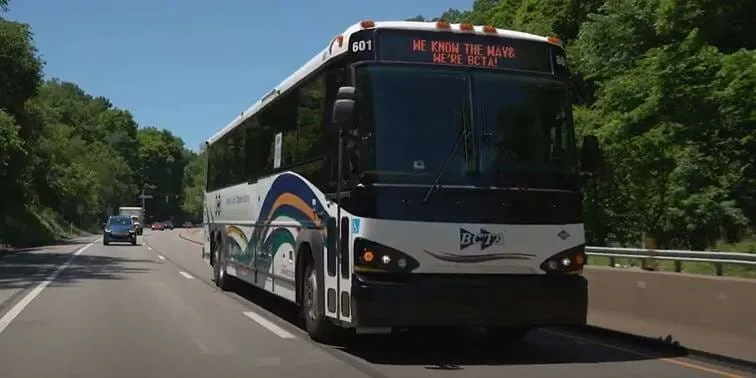Riders will be able to use a dedicated app to choose from a list of recommended destinations through text or voice. The in-car tablet screen will display selections of nearly 500 places of interest and events in the vicinity. In addition, up to 40% discount coupons for retailers and restaurants can be downloaded via the participants’ smartphones.
The test will take place in the Minatomirai district of Yokohama across a route spanning around 4.5 kilometres between Nissan’s global headquarters and the Yokohama World Porters shopping centre.
Both companies have also created a remote monitoring centre which aims to provide efficient fleet operation and peace of mind for users. It will also test Easy Ride’s service functions.
After the trial, passengers will be asked to complete a survey on their overall experience, usage of content and coupons and preferred pricing for Easy Ride. These results will be used to help advance the offering and future field tests.
The partnership will also work to develop service designs for driverless environments, expanded service routes, vehicle distribution logic, pickup/drop-off processes and multilingual support. It aims to launch Easy Ride in a limited environment first, followed by a full service in the early 2020s.
Nissan and Dena launch robo-vehicle mobility service trial
Nissan Motor and Dena will conduct a field test of the Easy Mile robo-vehicle mobility service in Japan on the 5 March that will allow participants to travel in cars equipped with autonomous driving technology. The trial is intended to help passengers discover new local destinations as well energise cities and neighbourhoods. Riders will be able to use a dedicated app to choose from a list of recommended destinations through text or voice. The in-car tablet screen will display selections of nearly 500
February 27, 2018
Read time: 2 mins








